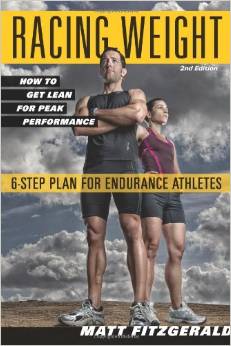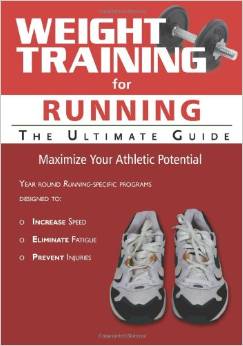|
There are 5 basic stages of coping with an injury that I go through, as a runner, every single time I'm injured. Recently I was out running a scheduled 18 mile long run when my left Achilles tendonitis became so painful at mile 9 that I ran/walked it the two miles to the house and I was done. My long runs ceased. My hopes and dreams of running the 50 miler at the Yellowstone Teton Races on the 20th of September faded quickly.
My 5 stages of coping with any injury are denial, anger, bargaining, depression, and acceptance. Denial: No. Absolutely not. I am not injured. I'm fine. A little ice and a day of rest and I'm good to go. Anger: NO. ABSOLUTELY NOT. I AM NOT FREAKIN' HURT. KISS MY BUTT. DAMMIT. WHY DOES THIS HAPPEN? I DID EVERYTHING RIGHT. STRETCHED. ICED. RESTED. THIS SUCKS. SO. DAMNED. BAD. WHY DOES THIS HAPPEN TO ME?!? Bargaining: Ok. So, maybe I can keep running through this. It doesn't hurt too bad once I get a few miles in. I'll go to my chiropractor. He'll make it better. He's a runner. He understands. Yes! I can make this work. Please, just let me get through this next big race and I'll take 6 weeks off afterwards to let everything rest and heal completely. Depression: Life sucks. I can't run. I'm a total loser and a complete poser. All I wanted out of life was to run that particular race now. This year. Shoot. Maybe I'm not really a runner after all. I mean, real runners, shake it off and just keep going. And at times I've found myself actually crying over a lost race. Acceptance: Ok, so I can't run. I can ride. I can work out in the gym. I can eat even cleaner to keep the weight in check while I'm not running. There are other races and my life as a runner is about longevity not any one single race. I can cross-train and keep in shape while resting the injured body part and allowing it to heal. Rehab with the chiropractor. Following his orders and communicating with my coach. And it gets better when I've rested and recovered and allowed myself to heal properly. My short runs get faster and my long runs get longer and before I really even know it happened, I'm back. And all that time I was injured and struggling to maintain fitness, both mental and physical, I realize was a few short weeks in what will be years, nay, decades of running marathons and ultramarathons. There is always someone out there far less capable than me doing far more than me, even at my healthiest. Remaining positive, finding alternative endorphin inducing forms of training, and drawing upon their inspiration are the keys to getting from Denial to Acceptance to Healed as quickly as possible.
3 Comments
Every now and again I'll provide a product review for running related products or literature. None of these reviews will be paid endorsements. If I recommend something it's because I believe it is good not because I was paid to do so. Today I have two books I strongly recommend for runners The first is Racing Weight: How to Get Lean for Peak Performance (The Racing Weight Series) I gave this book a 5 star review at Amazon.com. It's a simple plan that does not rely on gimmicky diet plans to help an endurance athlete determine an ideal racing weight and to achieve that diet weight through proper nutrition and timing of that nutrition while burning fat and developing muscle. This was by far the best book I've read on the subject of weight management for the endurance athlete. The second is Weight Training for Running: The Ultimate Guide. I also gave this book a 5 star review on Amazon. Weight training is essential for runners. Not only does it build long lean muscle which is essential for speed and endurance it burns fat through increased metabolism better than most other forms of cross training. This book provides photos and descriptions of 100+ weight exercises that benefit runners from the upper body to the core to the lower body and legs along with sample workout plans and recommendations based upon different goals. It's small, lightweight, and will pack nicely into a gym bag to carry with you to the gym. It is also available for the Kindle. I've owned many weight training guides but this is the first (and only) book I found dedicated to the runner and the specific weight training regimens needed to build a strong core while developing the fast twitch needed for explosive speed and the slow twitch needed for long runs.
|


 RSS Feed
RSS Feed